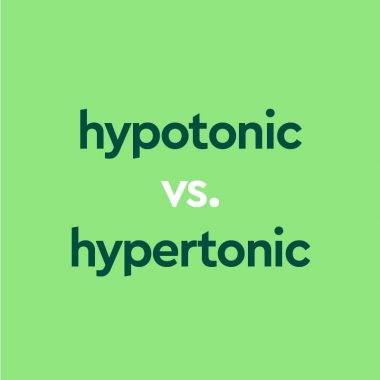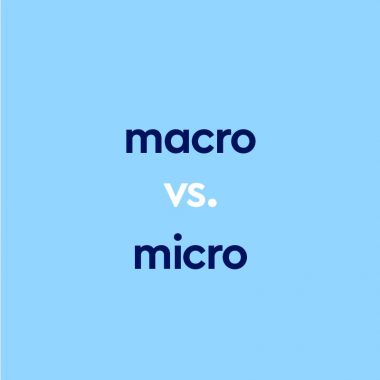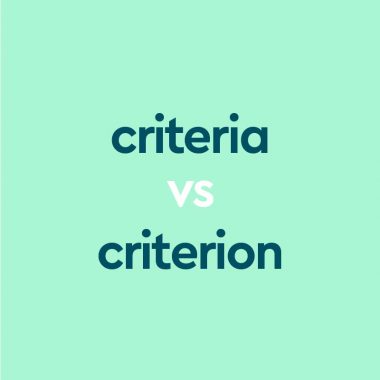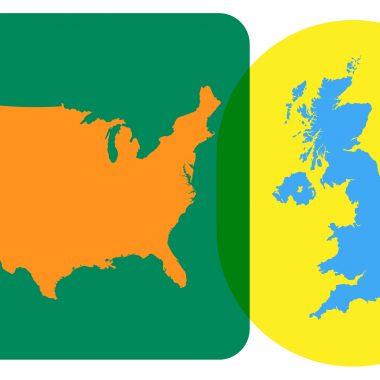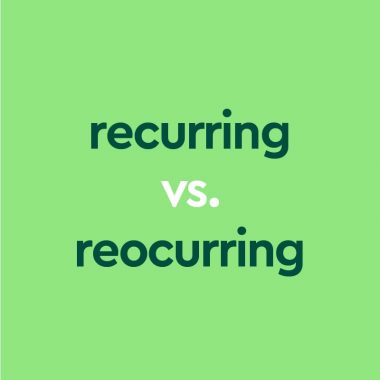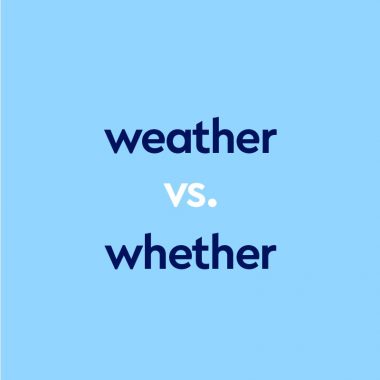Hypotonic vs. Hypertonic vs. Isotonic: Learn The Difference
Hypertonic, hypotonic, and isotonic are three words that are commonly used in science. Specifically, they are used to explain how water will flow between two different chemical solutions. Solutions with a lot of stuff in them, such as saltwater, are often referred to as hypertonic while plain ol’ water is said to be hypotonic. But what does this really mean? In this article, we will …
